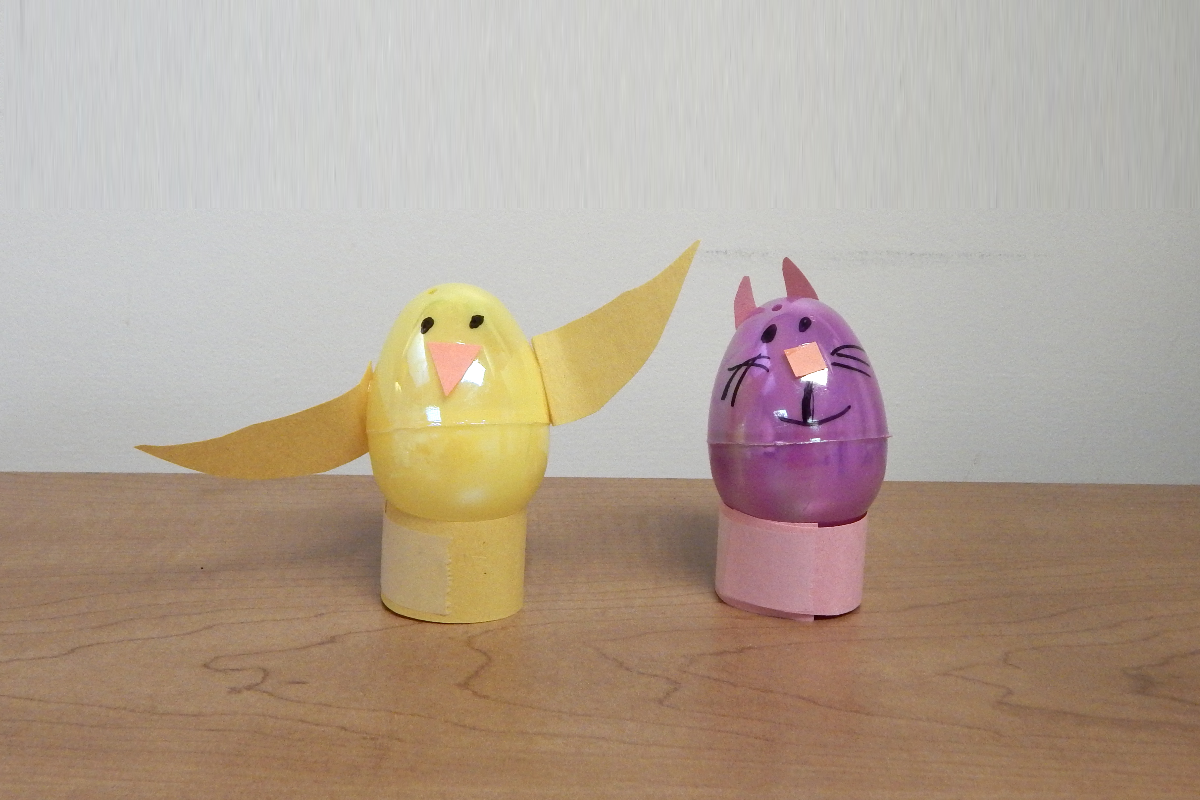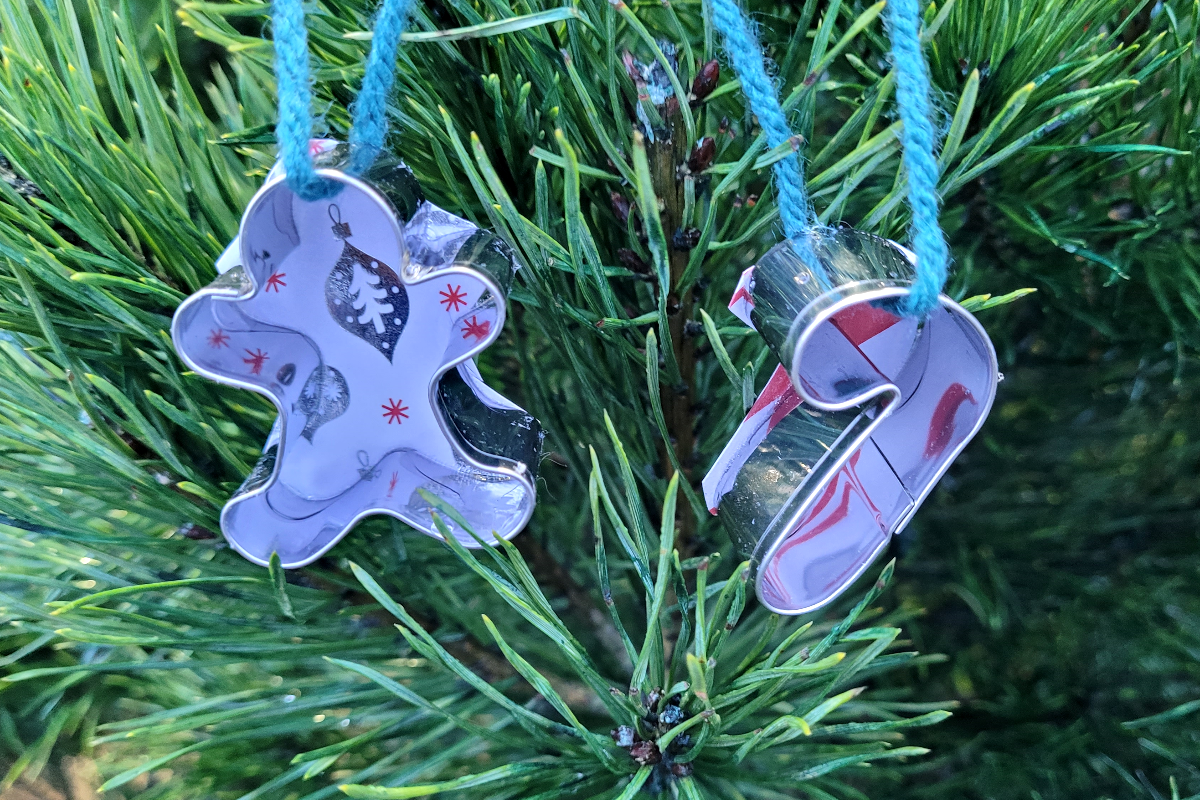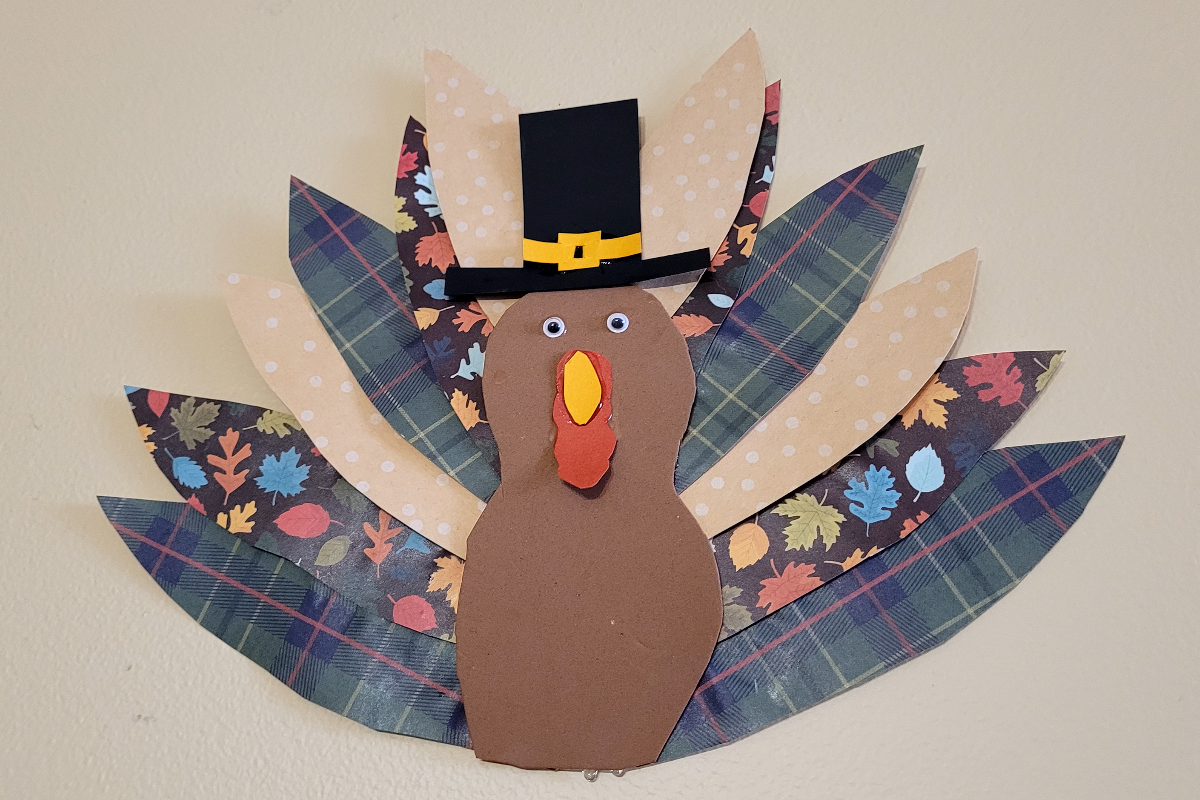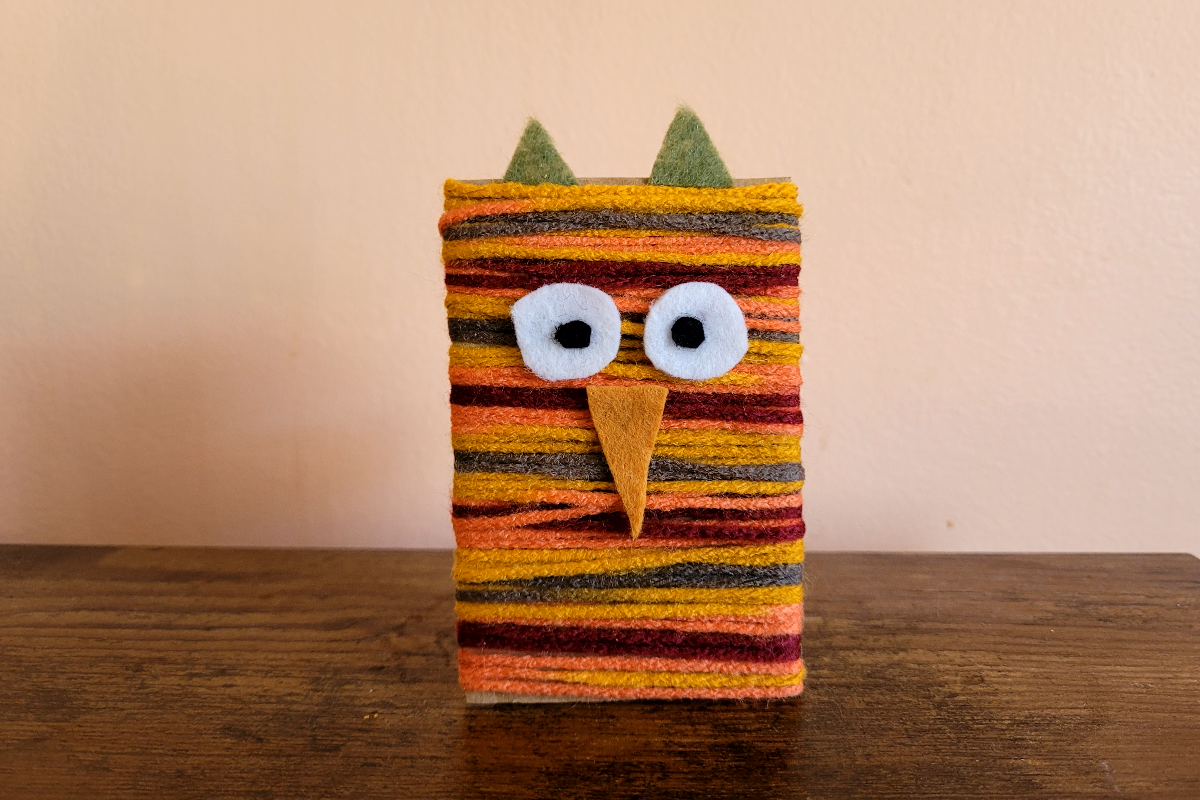Easter Egg Animals: Activities for Dementia Patients

Easter is a very special holiday for many families. It’s a chance to spend time celebrating together over festive meals, holding backyard Easter egg hunts, and attending religious services. If your Easter plans include spending time with a loved one with dementia, there are many ways to include your loved one in your Easter activities.
Planning ahead can make the day less stressful for your loved one and for family caregivers. Schedule meals and activities around your loved one with dementia’s regular schedule. If your loved one is more engaged in the early part of the day, plan brunch instead of dinner. If large groups cause anxiety, encourage family to spread out their visits or provide a space where your loved one can rest quietly if the day becomes too overwhelming.
Find activities to do with your loved with dementia so they feel included in the day’s events. If they enjoy attending religious services, take them along with you. The familiar rituals are often comforting.
If you loved one with dementia enjoys cooking, ask them to help with rolling out dough or other kitchen tasks. Encourage family members to bring old photos albums they can look through with your loved one. These photos may spark pleasant memories of their youth.
Easy crafts like the Easter egg animals below are wonderful activities for a loved one with dementia, and a great way to keep your family engaged and connected.
Easter Egg Animals
What You’ll Need:
- Plastic Eggs
- Colored paper
- Clear Tape
- Clear Glue
- Scissors
- Sharpie
Steps:
- Cut the colored paper into strips approximately a half inch wide and 4 inches long.
- Shape the paper into a ring to hold the egg.
- Tape the paper holder so it maintains its shape.
- Cut out animal body part shapes: rabbit ears, rabbit noses, bird wings, bird beaks, etc.
- Glue the parts onto each egg to form an animal.
- Use a sharpie pen to add extra decoration.
See more activities for dementia patients.
Caregiver Tips
- While doing activities with a loved one with dementia, engage them in conversation. Play music they enjoy softly in the background to create a positive mood.
- Even though your loved one may not remember names or things that happened in recent days, they may still remember their childhood. Ask them to share stories.
- Activities for people with dementia have the best chance of success early in the day when your loved one is well rested. If they don’t want to participate or get frustrated, don’t force it. Try again another time.
Crossroads Hospice & Palliative Care is open 24 hours a day, 7 days a week, 365 days a year to support patients with dementia and their families. Please call us at 1-888-564-3405 to learn more about how our unique care programs help provide a higher quality of life for dementia patients while helping caregivers avoid burnout.
If you found this information helpful, please share it with your network and community.
Copyright © 2019 Crossroads Hospice & Palliative Care. All rights reserved.




